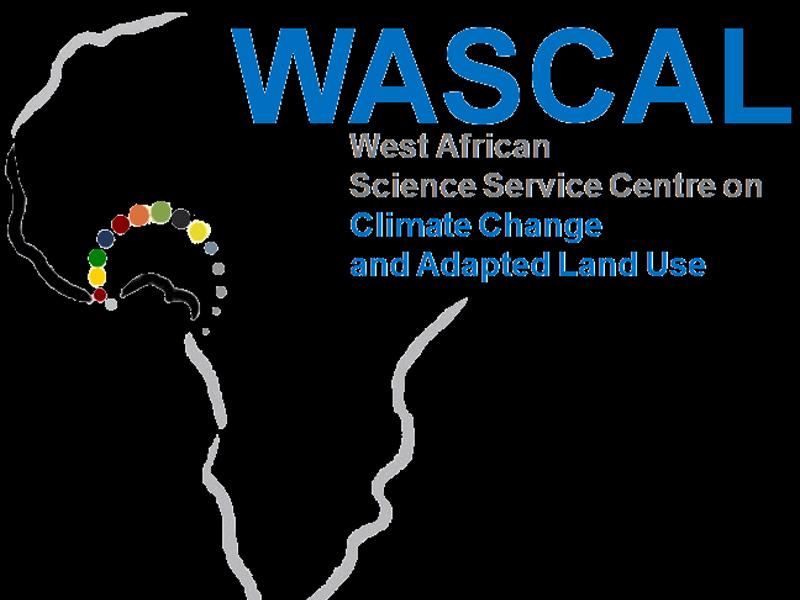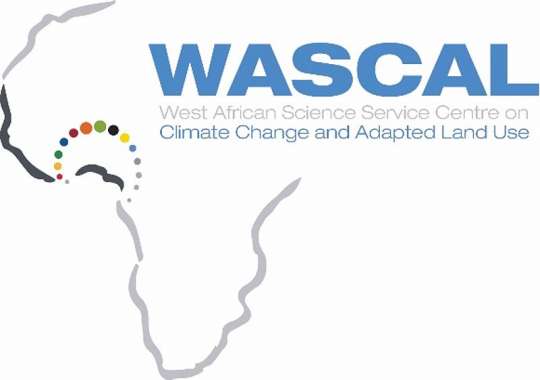WASCAL, a climate change service, research and capacity building organization operating within the West African sub-region, has appointed Dr. Moumini Savadogo as the new substantive Executive Director effective 1st January 2018. He takes over from Prof. Jimmy Adegoke who was the Interim Executive Director for nine months.
Dr. Savadogo joins WASCAL with very rich experience of more than 25 years as a Scientist and Project & Programme Manager in Environment and Sustainable Development in Africa, including 15 years at senior management level. He will lead the overall administrative and strategic directions of the organization. He is also responsible for overseeing the efficient and effective day-to-day operations of WASCAL.
Dr. Savadogo has a PhD in Animal Sciences/Sustainable Land Use in crop/livestock systems, Wageningen University, The Netherlands. He also has expertise in Programme development and management (Fundraising, Implementation, Procurement, Monitoring and Evaluation, Budget Management, Human Resources Management and Reporting) and negotiations.
Until his appointment as WASCAL Executive Director, Dr. Savadogo worked as Head of Burkina Faso office of the International Union for Conservation of Nature and natural resources (IUCN) West and Central Africa Program (PACO). He also worked as Scientist for the national Institute of Environment and Agricultural Research (INERA), the Joint Sahelian Progamme of Wageningen University and the University of Ouagadougou in Burkina Faso, the Regional coordinator of the W-Arly-Pendjari Programme development (Benin, Burkina Faso, Niger), as well as consultant for several international and national organizations.
He has an excellent knowledge of national and regional policies and strategies on energy, agriculture, ecosystem management, poverty reduction and sustainable development, climate change as well as international agreements on environment. The new Executive Director possesses rich working experience in several West African countries and very familiar with multicultural and multidisciplinary team work.
WASCAL welcomes him to the big family and wishes him all the best in his undertakings as the head of the organization.



